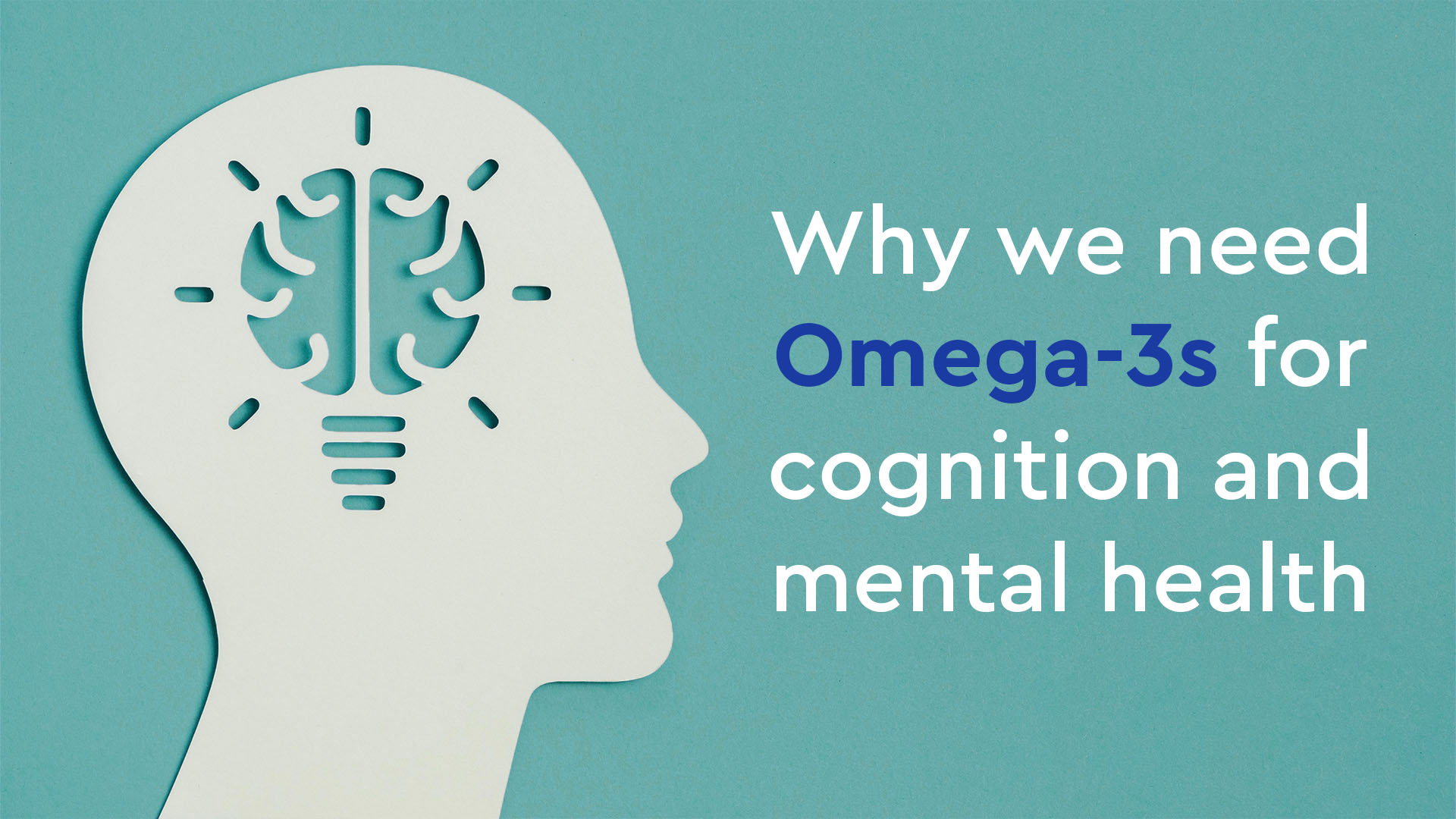When a woman reaches her late 40s or 50s, a natural decline in reproductive hormones begins the cycle of menopause. After 12 months without a menstrual cycle, a woman is officially in the state of menopause. During this uncomfortable time many experience hot flashes, sleep disturbances, and even anxiety or depression. A new study from the University of Rochester Medical Center recently found that menopause can affect one’s memory. Along with ample evidence that women suffer memory decline, they uncovered four different profiles of cognitive function which helped researchers to try and understand why some women face memory decline and others do not. With the help of this research, we can understand how to treat or help with this memory loss. Miriam Weber, associate professor of Neurology and Obstetrics and Gynecology, who helped begin this study, explains how important it is to understand the cognitive changes that cause memory changes during menopause.










